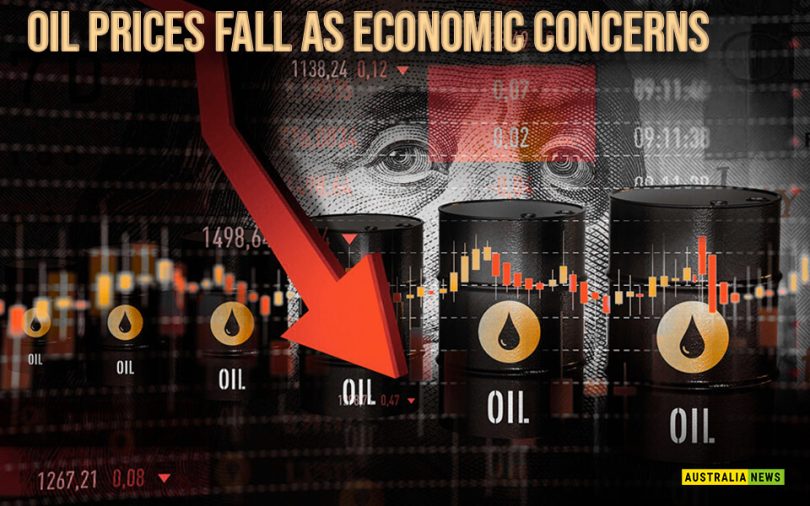Oil prices dipped on Monday as concerns about fuel consumption in the world’s two largest users, the United States and China, outweighed an optimistic mood about tightening supply from OPEC+ cutbacks and a restart of US reserve purchases.
Brent crude futures were down 26 cents, or 0.35%, to $73.91 per barrel by 06:38 GMT, while U.S. West Texas dropped 20 cents, or 0.29%, to $69.34 per barrel.
Last week, both benchmarks dropped for the fourth week in a row, the longest stretch of weekly falls since September 2022, on fears that the U.S. would enter a recession on “significant risk” of a historic default during the first two weeks of June.
Investors sought safe havens such as the US dollar, boosting the currency and increasing the cost of dollar-denominated goods for holders of other currencies.
“Oil prices are still under pressure on sluggish demand outlooks as China’s economic reopening progress seems bumpy,” CMC Markets analyst Tina Teng said, adding that the U.S. financial crisis has also prompted market worries.
In the next week, she stated, investors will look for indicators of oil demand in China’s flood of economic data on industrial production, fixed asset investment, and retail sales.
“With the uneven re-opening in China and concerns that the U.S is facing a growth slowdown at a time when the X-date for the debt ceiling is rapidly approaching, topped off by a rally in the U.S dollar, market sentiment towards crude oil will remain tepid at best,” IG analyst Tony Sycamore said.
Still, worldwide crude supplies might elevate in the second half as the OPEC+ grouping, the Organization of the Petroleum Exporting Countries, and its allies, including Russia, make extra output cuts that are lowering the availability of sour crude.
According to Reuters estimates, the group indicated in April that certain members would cut output by another 1.16 million barrels per day, increasing the total volume of cutbacks to 3.66 million bpd.
However, Iraq doesn’t anticipate OPEC+ to further reduce oil output at its next meeting in June, stated its oil minister, Hayan Abdel-Ghani.
The U.S. can begin repurchasing oil for the Strategic Petroleum Reserve (SPR) after finishing a congressionally mandated sale in June, Energy Secretary Jennifer Granholm said to lawmakers on Thursday.
This announcement was accompanied by a weekly report by energy services company Baker Hughes Co. (BKR.O) that revealed the number of U.S. oil rigs dropped by two to 586 this week, their lowest since June 2022, while the count of gas rigs plummeted by 16 to 141.
Meanwhile, leaders of the Group of Seven (G7) nations may unveil fresh sanctions-evasion measures involving third countries during their May 19–21 meetings,according to individuals with direct knowledge of the deliberations.
According to the sources, the sanctions would also aim to impair Russia’s future energy output and restrict commerce that benefits the Russian military.
Since the European Union embargo began in December, India and China, the world’s third and first oil importers, have been the primary customers of Russian petroleum.
- Published By Team Australia News








